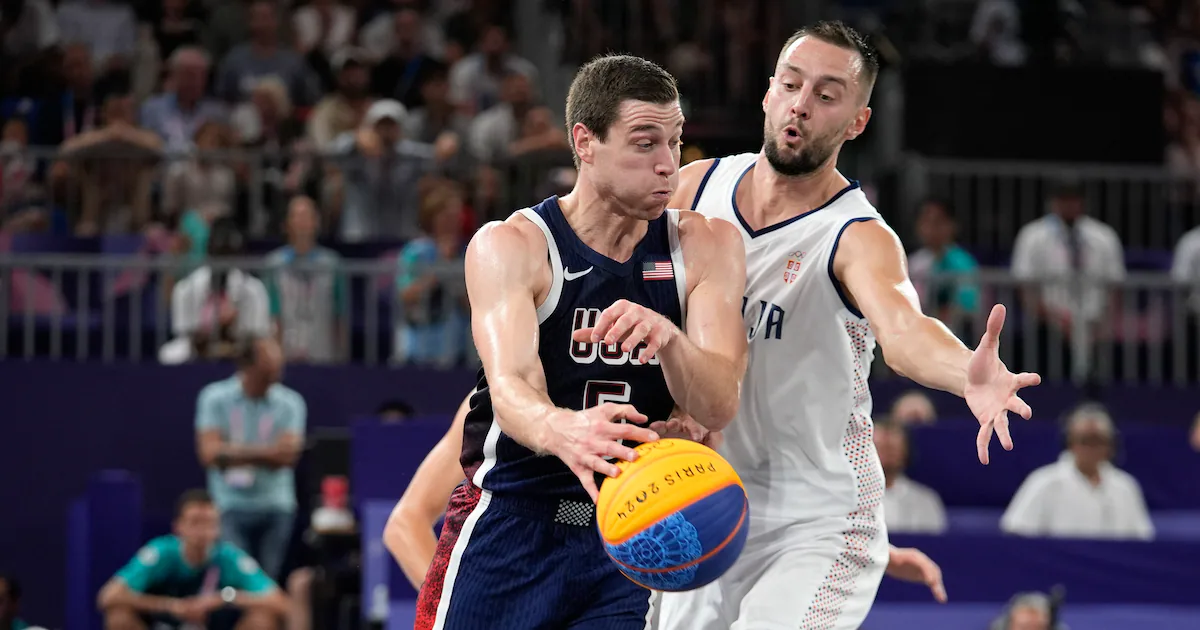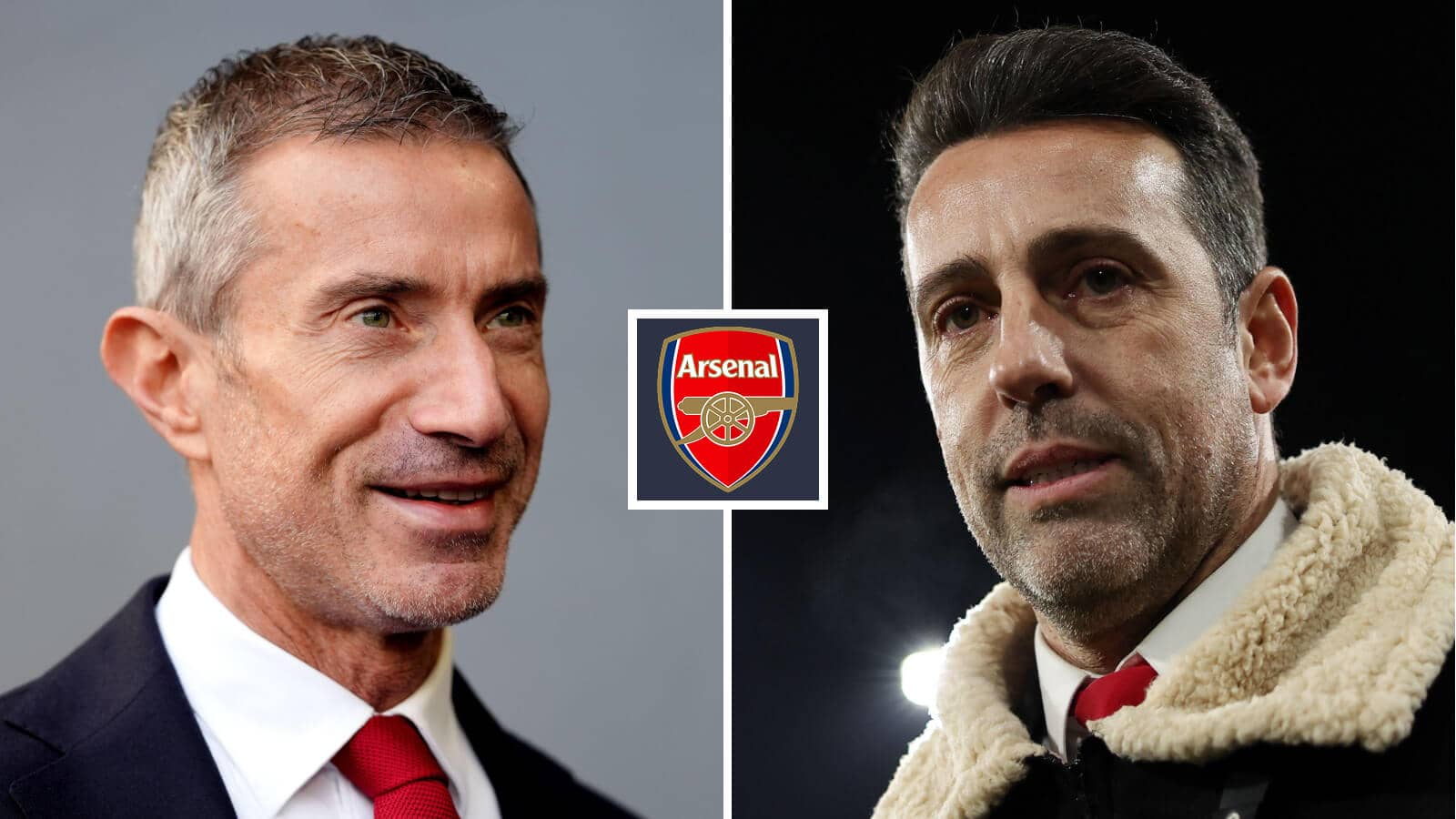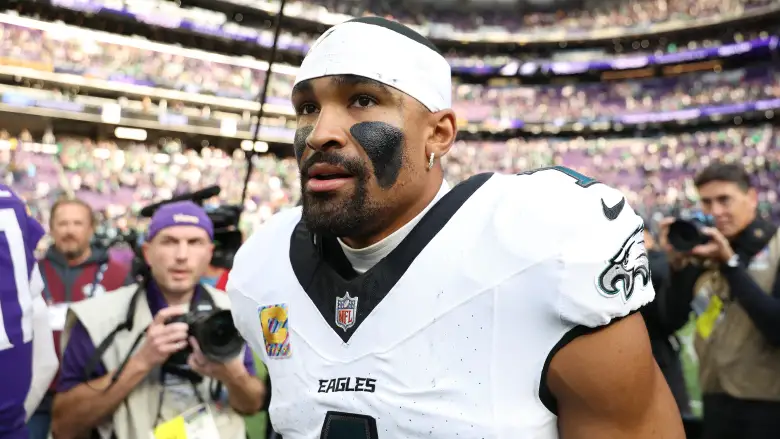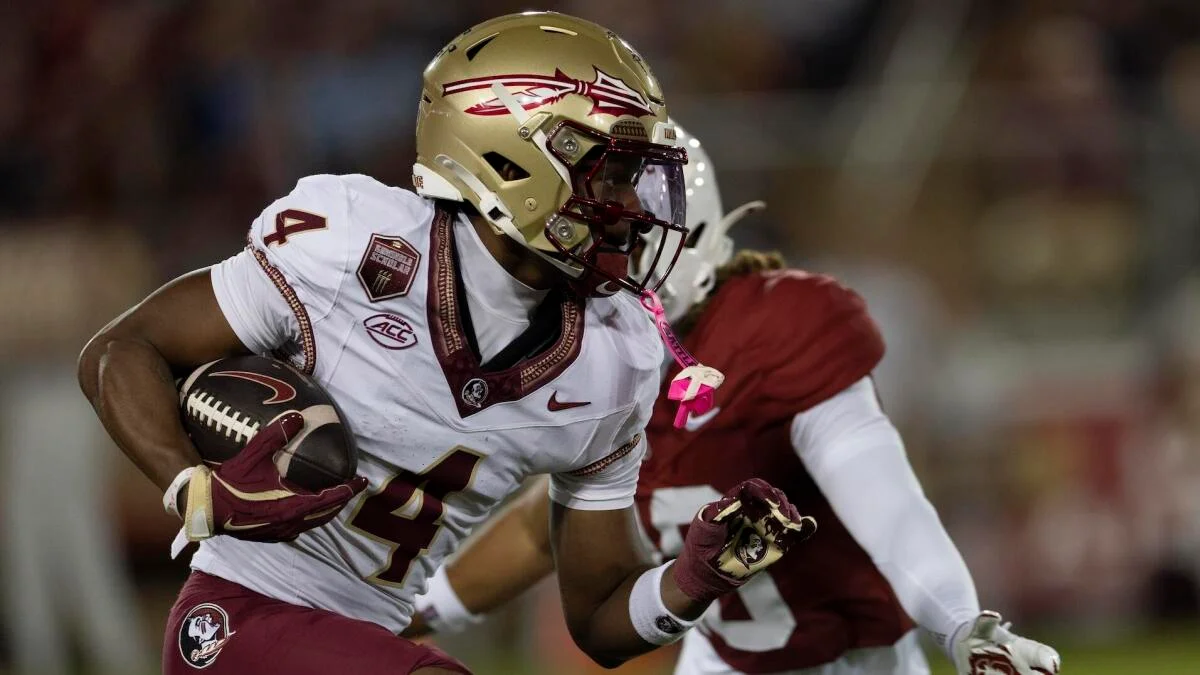Copyright Salt Lake City Deseret News

Jimmer Fredette recently opened up about how his faith helped him reconcile with the injury he suffered at the 2024 Paris Olympics. Fredette joined former BYU offensive lineman Connor Pay and BYU wide receiver Chase Roberts’ on this week’s episode of their “Two Point Conversion” podcast. In the episode, Fredette, Pay and Roberts discussed Doctrine and Covenants sections 121-123, when Joseph Smith was imprisoned in Liberty Jail. “It’s not relatable in the sense where we feel like all of us have had an opportunity or had a chance to go to prison and be in prison and have that type of sense, but it’s relatable because we all at some point have asked this basic question in verse one: ‘Oh God where art thou?’” Fredette said. After reading D&C 121:6-10, the former BYU basketball star noted the phrase, “but a small moment” found in verse 7. “It’s interesting because ‘thine adversity and thine afflictions shall be but a small moment,’ and it’s like well, a small moment to who? Because when we’re going through it, it’s not a small moment. It could be a long period of time. There’s some people that have years and years of this, and for us that’s not a small period of time. That’s a long period of time in our sense of things, but for Heavenly Father, his sense of things is eternal,” he said. Jimmer Fredette’s 2024 Olympics injury When he was approached by USA Basketball to join the 3x3 basketball team ahead of the 2024 Olympics, Fredette prayed about whether he should pursue the opportunity. “I wanted to understand is this what I need to do, or should I just retire and be home with the family,” he said. “I got a really distinct answer of like, ‘You need to go do this. This is something that you need to do.’” Fredette “was pumped about” the answer he received and the opportunity, so he went all in on 3x3 basketball for the next year and a half leading up to the Olympics. The sport took him to places such as Mongolia, Chile, the Philippines and Abu Dhabi. Going into the Olympics, Team USA was ranked No. 1 in the world, and Fredette was USA Basketball’s reigning 3x3 player of the year, as the Deseret News previously reported. “We were like, ‘Man, we are winning a gold medal. We are going in here and we are winning a gold medal and if not we’re winning at least a medal.’ Like, we were playing so, so well, and it was really fun to be apart of that,” he said. At the Olympics, Fredette and his teammates lost their first game to Serbia, which was ranked No. 2 in the world. “We end up losing that game, but we’re like, ‘Alright, we got six left. We’re totally fine. It was a close game. That’s how it works in 3x3,” he said. They still had six more games before seeding for the medal rounds. In their second game, the U.S. faced Poland. “Literally one minute into the game, I go to steal the basketball and I hear something pop,” Fredette said. “As soon as I heard that pop, I knew that my Olympics were over. I had never felt anything like this in my entire life. I had never been seriously injured in my entire life, ever.” Fredette had torn his abductor and gracilis ligaments and as a result, underwent a 10-month rehab. “We were going into this and we were going to win medals. We were rolling. I was the best player and all of a sudden, this moment in my career after 13 years of playing professional basketball, now I get injured right there in the most important basketball competition I have ever played in,” he said. Fredette wondered why the injury had to happen and why at the Olympics of all places. He told Roberts and Pay that he was “fortunate enough to have been through some trials throughout my life that I understood like this isn’t the plan.” “The plan was not for me to win a gold medal. The plan was for me to figure out how to deal with this at this moment and how do I continue to be a good father, good husband and a good teammate but also just a good example for those out there of how to deal with hardships in professional sports,” he said. Instead of sulking and feeling sorry for himself, Fredette overcame his hardship through scriptures, his “eternal perspective” and knowing that basketball was not the most important thing in his life, he said. “Relationships and how you treat people and bring people unto Christ, that’s the most important thing. When you have that perspective, things become easier. I think that’s what Heavenly Father is trying to tell Joseph (Smith) in these sections. Obviously, in a much better way than I just told it, but an important lesson for all of us to learn,” he said.



